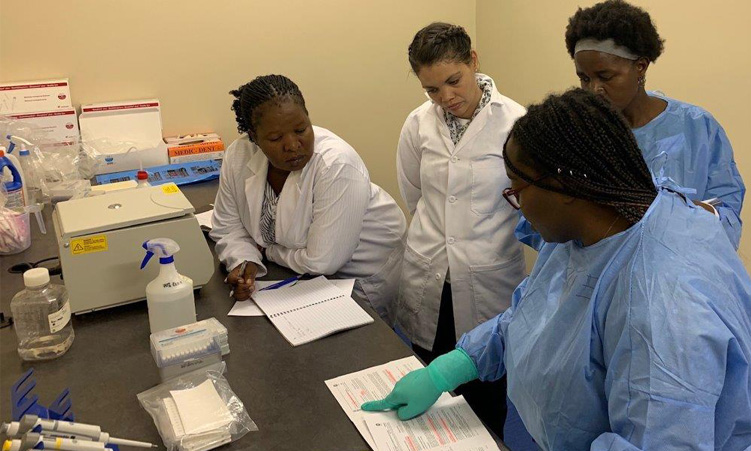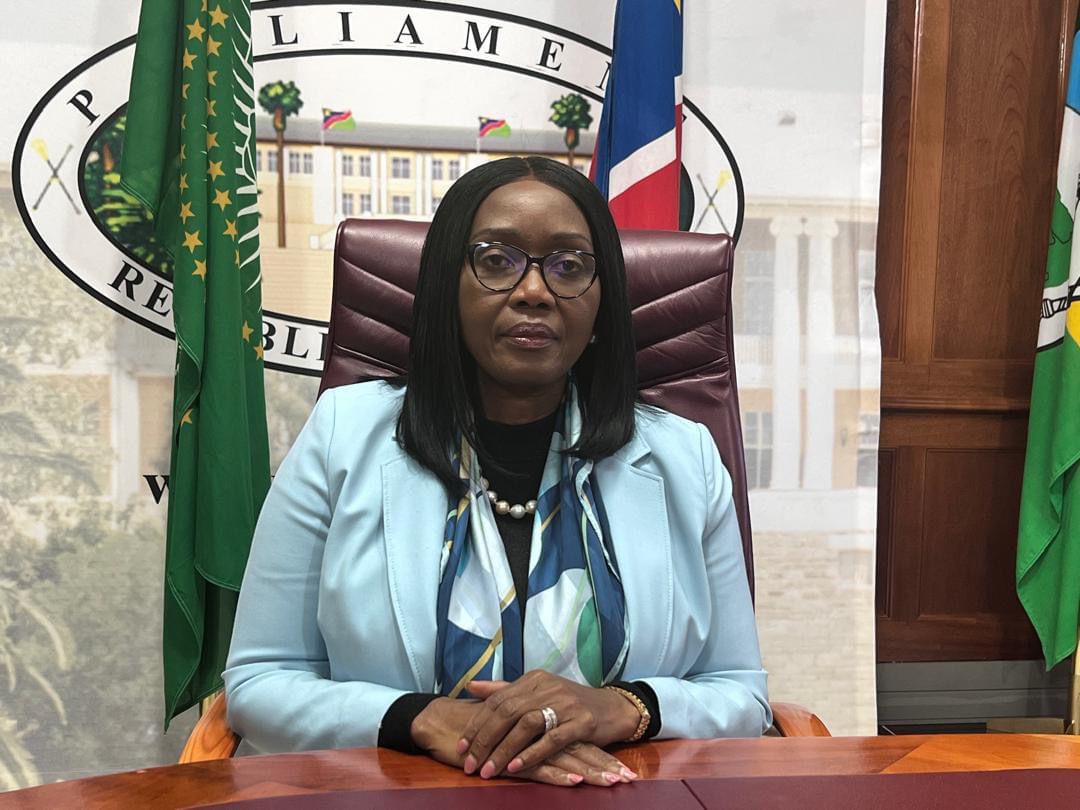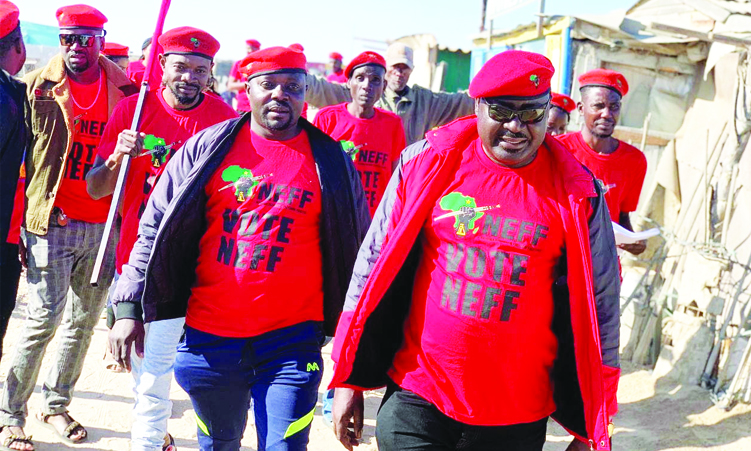Namibia only has two accredited veterinary labs, none of which are located in the north of the country, even though most of the husbandry takes place there.
This was revealed by a market survey on accreditation in Namibia conducted in May.
According to the survey, the country only has two veterinary laboratories, one public (for molecular biology, bacteriology, serology and pathology) and one private (only for serology).
“None of these laboratories are in the north where most of the husbandry is located,” said EU consultant Mariella Sandini during the presentation of the survey results in Windhoek yesterday.
The survey was carried out by the Ministry of Industrialisation and Trade, with the assistance of the Economic Partnership Agreement programme in Namibia, funded by the EU Commission.
Sandini said the limited number of laboratories can be a limiting factor for businesses.
“Considering the importance of the husbandry sector in Namibia, and the number of slaughter houses and butcheries, both for domestic consumption and export, this could be a limiting factor to business expansion and consumers’ health,” said Sandini.
Out of the 76 conformity assessment bodies, 42 were accredited.
According to the survey, one of the reasons for the low accreditation among different industries is the high cost involved.
“For as long as the costs of accreditation are so high, there is not much to do. The representative of Namibia should start an action to reduce the costs of accreditation,” said Sandini.
She said currently there are no laboratories performing tests on pesticide residues or fertilisers in Namibia.
The data was done in clusters of the central, northern, southern and western regions.
Ministry of trade deputy executive director Ndiitah Nghipondoka-Robiati says currently Namibia does not have an accreditation body, and relies on the Southern African Development Community Accreditation Service for accreditation services.
“We have a national law on accreditation, but it’s currently dormant, however, the National Quality Policy 2 aims to assess our readiness to establish our own accreditation body,” Nghipondoka-Robiati says.
She says the ministry implemented its first National Quality Policy in 1999, which led to the creation of the Namibia Standards Institute.
“The current policy focuses on enhancing our National Quality Infrastructure (NQI) and a crucial aspect of that is accreditation,” says Nghipondoka-Robiati.
She says the country needs a clear strategy to strengthen its NQI.
“By working together, we can ensure our NQI empowers a thriving and sustainable Namibian economy,” says Nghipondoka-Robiati.
Stay informed with The Namibian – your source for credible journalism. Get in-depth reporting and opinions for
only N$85 a month. Invest in journalism, invest in democracy –
Subscribe Now!






